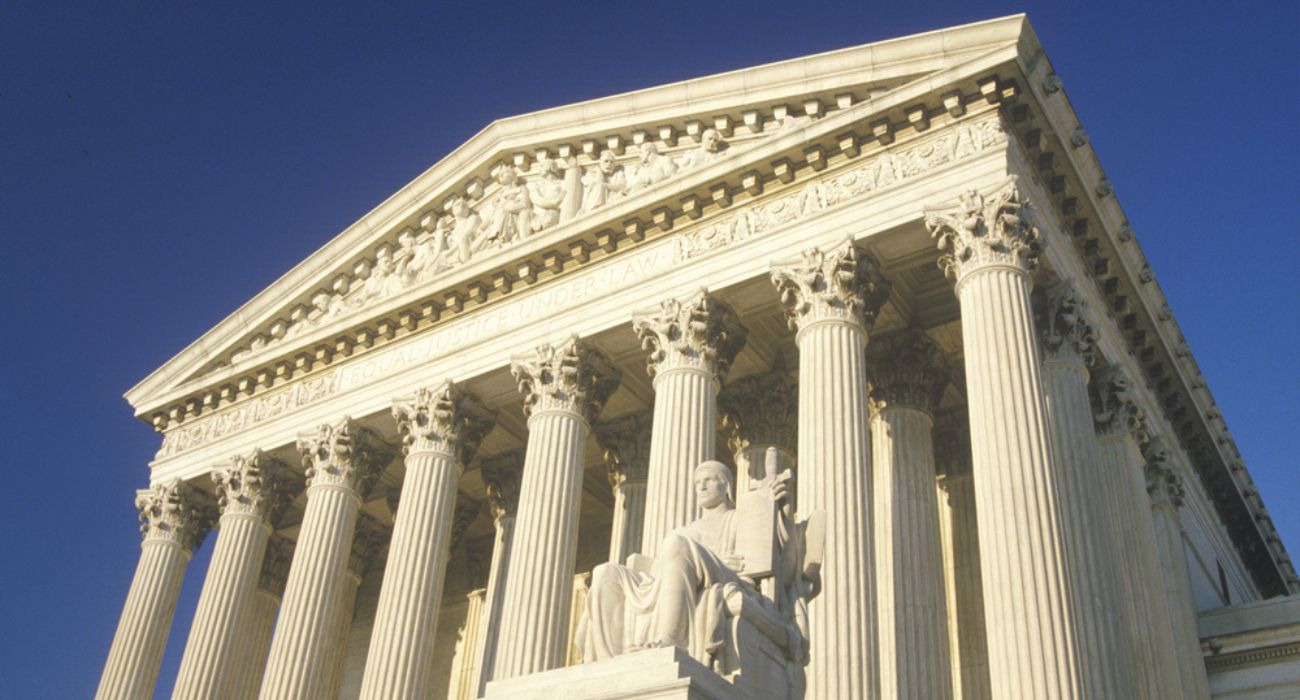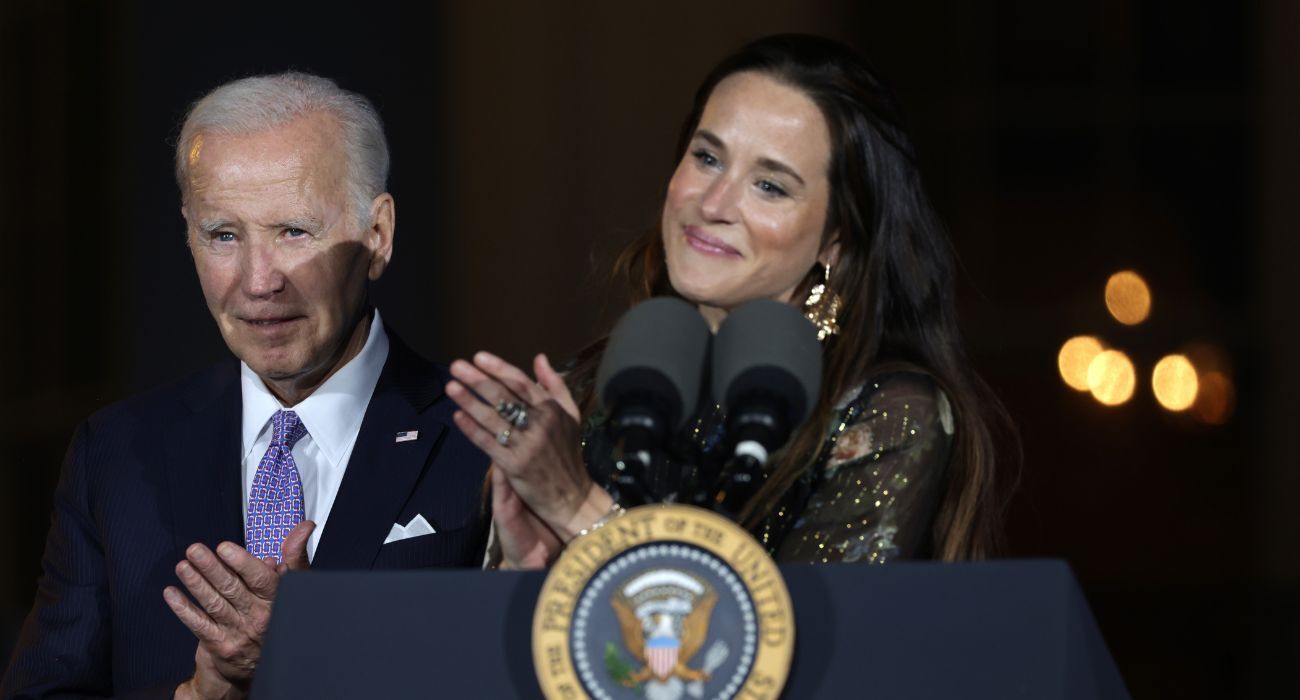Upcoming Supreme Court rulings on race-based college admissions could impact corporate “diversity, equity, and inclusion” (DEI) programs and hiring practices.
Within the next six weeks, the highest court in the nation is expected to rule on Students for Fair Admissions, Inc. (SFAI) v. President and Fellows of Harvard and SFAI v. University of North Carolina — two parallel cases relating to a practice known as “affirmative action.”
Legal analysts predict the Court’s decisions will interpret the Fourteenth Amendment as prohibiting public colleges and universities from exhibiting racial preferences and interpret Title VI of the 1964 Civil Rights Act as restricting race-based admissions at schools that receive federal funding.
Santiago Pliego, Deal Room director at the venture firm and talent network New Founding, told The Dallas Express about one purported effect of race-conscious college admissions practices that can be seen in the private sector: Employers no longer “see value in the credentials that these universities offer.”
“The product, being the student, that these universities and educational institutions produced is rigged,” he suggested. “You’re getting somebody that was pre-selected and produced based on criteria that doesn’t really advance the mission of your business … [and] your capacity to do business well.”
“What we’re seeing is a lot of these institutions, a lot of these businesses, a lot of these startups, are starting to look elsewhere,” Pliego said. “They just don’t care about credentials as much.”
The Supreme Court’s upcoming rulings will not directly impact private employers, who are governed by Title VII of the Civil Rights Act. However, some legal experts anticipate the decisions will substantially affect the DEI practices of private companies.
“There is no more profound impact awaiting the HR and recruiting space than this decision, certainly in the last 15 to 20 years,” said Valerie Capers Workman, chief legal officer for the recruiting platform Handshake and former head of human resources for Tesla.
Workman told The Wall Street Journal that HR executives from across the United States discussed the upcoming SCOTUS rulings at an annual HR conference in Las Vegas this month.
She said some employers are considering preemptively changing the title of “chief diversity officer” to “chief transformation officer.” Still, she noted that the effects of the SCOTUS decisions will depend heavily on exactly how they are written.
“HR professionals are going to hang on every word, every phrase [of the rulings] and start to assess their current programs,” said Workman.
Some corporate professionals fear the Court’s ruling could limit opportunities for people of color, while others maintain that race-conscious admission practices are discriminatory.
Mike Gonzalez of the Heritage Foundation argued that giving preference to one person over another based on race is contrary to true equality.
“That’s what I hope the Supreme Court ends,” he told Bloomberg.
Furthermore, Pliego argued to The Dallas Express that one of the “unintended consequences” of hiring employees based on race is that it fuels distrust among staff.
“You end up creating animosity, planting seeds of discord among colleagues because you don’t know if the person next to you came because they’re the best at their job or because they are a favored statistical hire for that particular position,” he said.
However, others argue that prioritizing diversity in hiring promotes equality in the workforce.
Liz King of the Leadership Conference on Civil and Human Rights asserted that “race-based affirmative action … is a critical part of ensuring racial justice and equity,” per Politico.
“I’m a product of affirmative action, and I’m not ashamed to say it’s really given me a lot of opportunity to create jobs, to build a company,” said Pedro Guerrero, CEO of the media company Guerrero.
“I think it’s a great disservice to do away with this,” he told the WSJ.
Still, other professionals maintain that race-conscious hiring practices have significant disadvantages.
“Although the Affirmative action policy seeks to promote equality, it is a method of hiring and promoting solely based on one discriminatory ground or another,” wrote Fadzai Danha for The Human Capital Hub.
Danha is a consultant at the management and human resources consulting firm Industrial Psychology Consultants.
She contended that race-based hiring “may also cause some discomfort to new minority employees who may be unsure of whether they were hired based on merit or to fulfill some mandate.”
Further, Danha claimed the practices can lead to high turnover if companies hire candidates who are “not the most qualified of all applicants.”
The Supreme Court heard the aforementioned cases in October 2022 and is expected to issue its decisions in the coming weeks.






